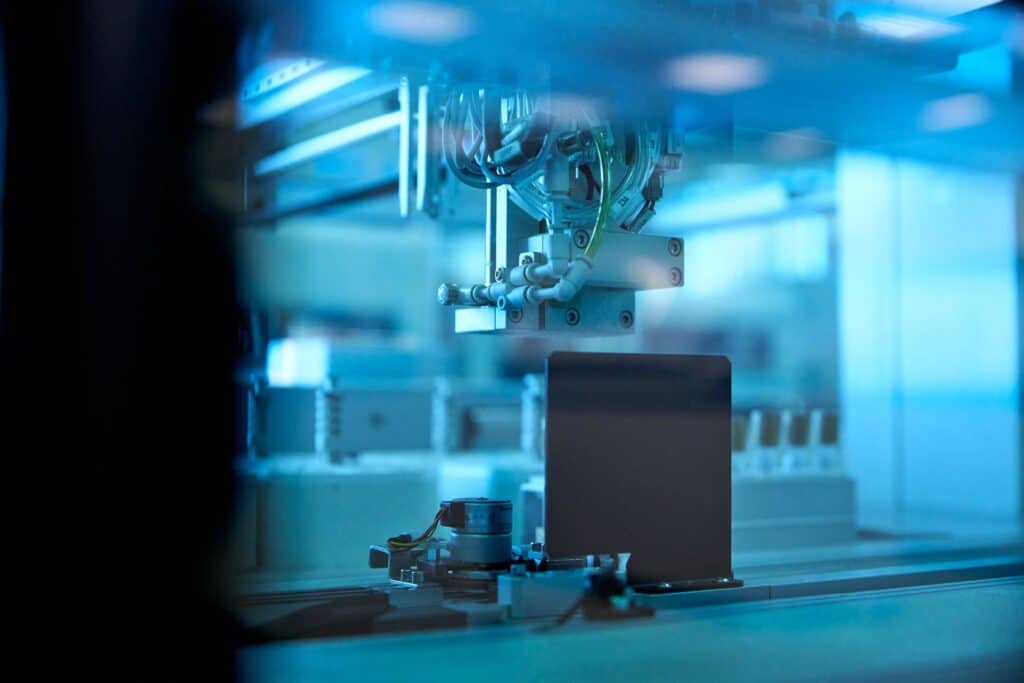Lord Willetts, former minister for Universities and Science, and Chair of the British Science Association, discusses the challenges and opportunities of Brexit and of new technology, and is optimistic in the strength of UK science and government
The role of science and engineering in shaping the future
17 Nov 2016
I congratulate the campaign of science and engineering on everything it has achieved since its foundation thirty years ago. That was a low point for British science, since when there has been a transformation. There is far greater recognition than there was then of the fundamental importance of science. Science and engineering is of course worthwhile in its own right but it is of growing economic significance too. And whilst budgets could always be bigger there is welcome understanding across Whitehall and Westminster and more widely of the importance of backing science.What are the challenges of the next thirty years? First of course is Brexit. The messy process of disengaging from the EU, and creating a new relationship with it, is going to take years if not decades. This is the biggest single worry facing British science today and the challenge is to keep us part of the networks which link scientists across national boundaries. That means trying to remain within Horizon 2020 and its successors. It means ensuring there is continuing ease of movement for researchers across European boundaries. It also means it is ever more important that Britain continues to play a leading role in the range of inter-governmental organisations responsible for science and technology. I boosted our commitment to the European Space Agency, which provided Tim Peake with his mission and now has a base in Harwell: next we should extend our role even further. The European Molecular Biology Laboratory has the excellent European Bioinformatics Institute at Hinxton outside Cambridge: could that be enhanced? We should make the most of the opportunity of leading the Square Kilometer Array project. Other such opportunities will doubtless come up over the years ahead: we must always be ready to seize them.
The pessimists fear that Brexit, combined with the rise of China, could mean that after decades of advance we will see this year as a turning point with relative decline from now on. But that is not inevitable. Just as this campaign brought hope thirty years ago it can do so again now. We still have the advantages of rigorous, transparent and meritocratic science in an open society. We have unprecedented levels of popular engagement in citizen science. Young researchers appreciate the opportunity to develop their own research programmes without having to wait for decades as the under-study to an all-powerful professor. These are all advantages which can be harnessed. It should lead us to work even harder to remain internationally engaged and to provide opportunities for talented younger researchers.
Brexit must also not divert us from a second, equally significant, long-term challenge. This is the difficulty of incorporating new science and technology into society in ways that do not undermine our values. This is where engineering and technology, the application of science, encounter the Humanities. As we look to the programming of robotic systems, or our ability to manipulate our own genes and to engineer new organisms, there is a danger that science is once more seen as a threat to human values. We can avoid this danger, but it will take hard work. The campaign for science and technology is most effective when it recognises that science and technology do not have all the answers and must be placed at the service of humanity. Just because something is technically possible does not mean it should be done. It makes it as important as ever to bridge the gap between what CP Snow called the two cultures.
There are other challenges too. The non-reproducibility of results is a growing issue in the sciences. We still need to go further in shifting attitudes towards welcoming diversity in staff as a source of strength. But I am always impressed by the resourcefulness and verve of our community of scientists and engineers and believe that they can rise to these challenges. And I hope they can do so knowing that they have the support and good will of policy-makers in Westminster and Whitehall.
Lord Willetts is Chair of the British Science Association. He was Minister for Universities and Science 2010-2014

Related articles

Dr Christoph Hartmann is Medical Director, MSD in the UK, a CaSE member. In this piece he sets out he would like to see form the new government to support UK life sciences and innovation.

Read our latest piece from Isobel Stephen, Executive Director, Strategy, Performance and Engagement at UKRI

Sarion Bowers, Head of Policy at the Wellcome Sanger Institute, on the Institute’s role in tackling the Covid pandemic and what we can learn for the future.

At the end of his six year term as CaSE Chair, Professor Graeme Reid looks back on what the organisation has achieved and the challenges that still lie ahead.